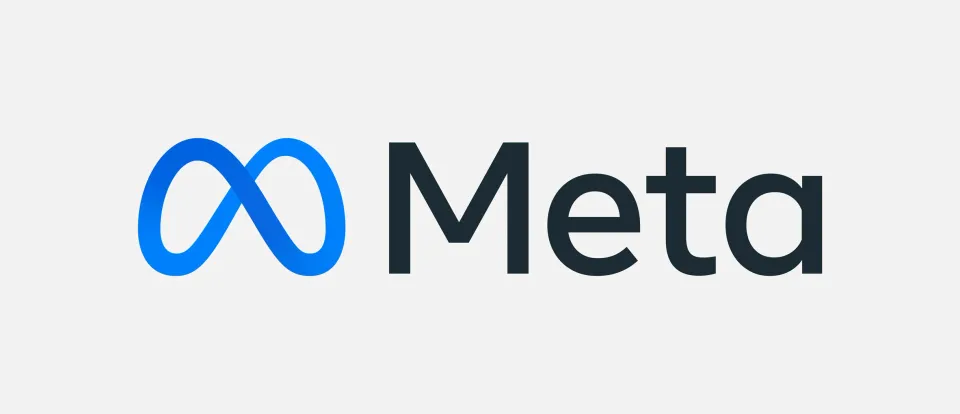Meta Fined US$1.3 billion

Meta, the company behind platforms like Facebook, has been hit with a record-breaking privacy fine of US$1.3 billion by the European Union. Additionally, the EU has directed Meta to cease the transfer of users' personal information between Europe and the United States by October.
The European Union has imposed a penalty of 1.2 billion euros on Meta, marking the largest fine under the EU's stringent data privacy regulations, which came into effect five years ago. This fine surpasses the previous record set by Amazon in 2021, when the company was fined 746 million euros for breaching data protection rules.
In response to the fine and order imposed by the European Union, Meta has stated its intention to appeal the decision. The company also plans to request that the courts promptly suspend the implementation of the ruling. Meta had previously cautioned that its services for European users could potentially be disrupted.
Meta has clarified that there is currently no immediate disruption to Facebook services in Europe following the European Union's decision. The ruling primarily pertains to user data, including names, email addresses, IP addresses, messages, viewing history, geolocation data, and other types of information that Meta, as well as other tech giants like Google, utilize for targeted online advertising purposes.
In response to the EU's decision, Nick Clegg, Meta's president of global affairs, and Jennifer Newstead, the company's chief legal officer, have issued a statement criticizing the ruling. They describe the decision as flawed, unjustified, and assert that it establishes a worrisome precedent for numerous other companies involved in the transfer of data between the EU and the United States.
Last year, Brussels and Washington reached an agreement on a revised Privacy Shield framework that Meta could potentially utilize. However, the effectiveness of this pact in safeguarding data privacy is still under evaluation by European officials, who have yet to render a final decision on its adequacy.
The agreement between the EU and the US has been undergoing review by EU institutions, and lawmakers have urged for improvements, citing insufficient safeguards. The evaluation process has emphasized the need to enhance the privacy protections outlined in the agreement.
The fine was imposed by Ireland's Data Protection Commission, which serves as Meta's primary privacy regulator in the 27-member European Union, given that Meta's European headquarters is located in Dublin, Ireland.
The Irish watchdog has granted Meta a period of five months to stop the transfer of European user data to the United States. Additionally, the company has been given six months to ensure compliance by ceasing the unlawful processing and storage of European users' personal data in the United States, which is in violation of the EU's privacy regulations.
According to Johnny Ryan, a senior fellow at the Irish Council for Civil Liberties, the requirement for Meta to erase the data could potentially pose a greater challenge than the monetary fine itself. This perspective highlights the practical and operational difficulties that Meta may encounter in complying with the directive to remove the data.
Ryan expressed that the order to delete data poses a significant challenge for Meta. Scrubbing data for hundreds of millions of European Union users over a 10-year period presents significant obstacles, making it difficult to envision how the company will be able to fully comply with the order.
Meta has reassured that if a new transatlantic privacy agreement comes into effect before the given deadlines, there will be no interruption or adverse effects on their services, allowing them to continue operating seamlessly for users.